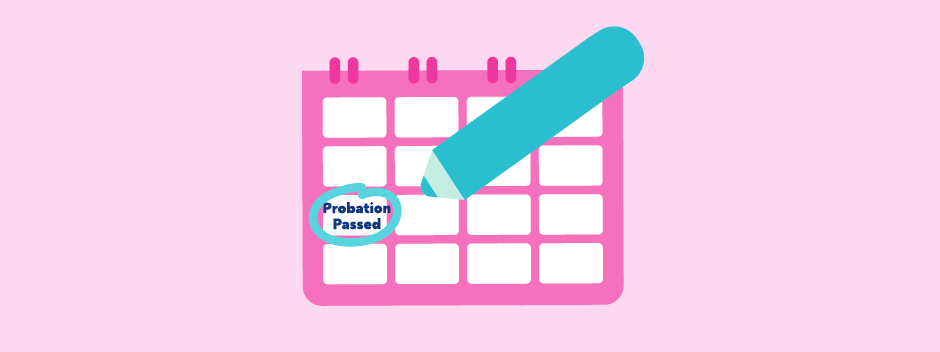But employers have important obligations to employees throughout their probationary period and, if you’re not happy with their performance, you can’t just tell them to leave.
What’s the point of a probationary period?
Probationary periods are employment options used to assess that an employee can do the job. They can apply for new employees, or for existing workers in your organisation who are switching to a new position, such as an accounts assistant who takes on a supervisory role.
Dilshen Dahanayake, a solicitor at MinterEllisonRuddWatts in Auckland, explains that probationary periods are contractual arrangements. While they can last for any amount of time, their duration must be recorded in the employment agreement.
“Probationary periods don’t have a maximum duration, but the length of a probationary period should always be reasonable,” says Dahanayake, "Reasonable means giving the employee sufficient time to perform the various aspects of their role.”
Understanding your obligations
If there are any performance issues during a probationary period, employers must follow a fair process. This includes providing feedback to employees about any issues with their work, explaining how their performance can be improved and telling them if there is a chance that their employment might not be continued after the probationary period ends.
Fair process also includes providing employees with support during the probationary period, such as ongoing and appropriate training.
Importantly, you are required to give an employee an opportunity to improve during the probationary period.
Probationary periods and dismissals
Employees on a probationary period have the same minimum rights and entitlements as any other worker under New Zealand Employment Law – and this extends to the dismissal process.
"An employee who is dismissed during a probationary period could raise a grievance about their dismissal if it is substantively unjustified or a fair and proper process was not followed,” says Dahanayake.
At the end of the probationary period, if you are not satisfied that the employee is suitable for the job, you are required to:
- show that you have assessed them fairly and given them a reasonable opportunity to improve, with support
- explain why you consider they are not performing to the standard expected of their role
- explain that you propose to end the employment.
You must also give the employee an opportunity to respond to these three points.
There are grounds when you can dismiss someone during their probationary period. These include serious misconduct that ‘deeply impairs or is destructive of the relationship of trust and confidence’, or failure to reach the expected standards of performance.
However, Dahanayake stresses that you are required to act as any “fair and reasonable employer could in all the circumstances before dismissing the employee”.
“This means the dismissal will need to be substantively justified and a fair and proper process will need to be followed, including proposing dismissal to the employee and seeking and considering their feedback on that proposal," he says.
“If the employee is on a probationary period and they are found to be unjustifiably dismissed, the employer could be liable to pay lost wages or hurt and humiliation compensation, or it could be required to reinstate the employee to their role,” adds Dahanayake.
Probationary periods versus 90-day trials
If you are an employer with fewer than 20 employees, Dahanayake says you may be able to hire a new employee on a trial period for up to 90 days under the Employment Relations Act 2000. If this is the case, your obligations as an employer differ when it comes to dismissals.
“A 90-day trial period will only have effect where the employee has agreed to it in their employment agreement,” says Dahanayake.
“During a 90-day trial period, an employee can be dismissed and they cannot raise a personal grievance or bring other proceedings in respect of their dismissal. However, this doesn’t give an employer carte blanche not to be a fair and reasonable employer.”
Dahanayake says an employee on a 90-day trial period could still bring a legal claim relating to other aspects of their employment.
“For example, if a manager bullies the new employee about their performance, the employee may still have a claim for unjustified disadvantage, even if a subsequent dismissal cannot be challenged,” he says.
Probationary periods provide a valuable opportunity for both an employer and employee to ensure they’ve made the right choice. But, like all stages of employment, you are required to show fair process and give all employees every opportunity to show that they’re fit for the job.
Information provided in this article is general only and it does not constitute legal advice and should not be relied upon as such. SEEK provides no warranty as to its accuracy, reliability or completeness. Before taking any course of action related to this article you should make your own inquiries and seek independent advice (including the appropriate legal advice) on whether it is suitable for your circumstances.

